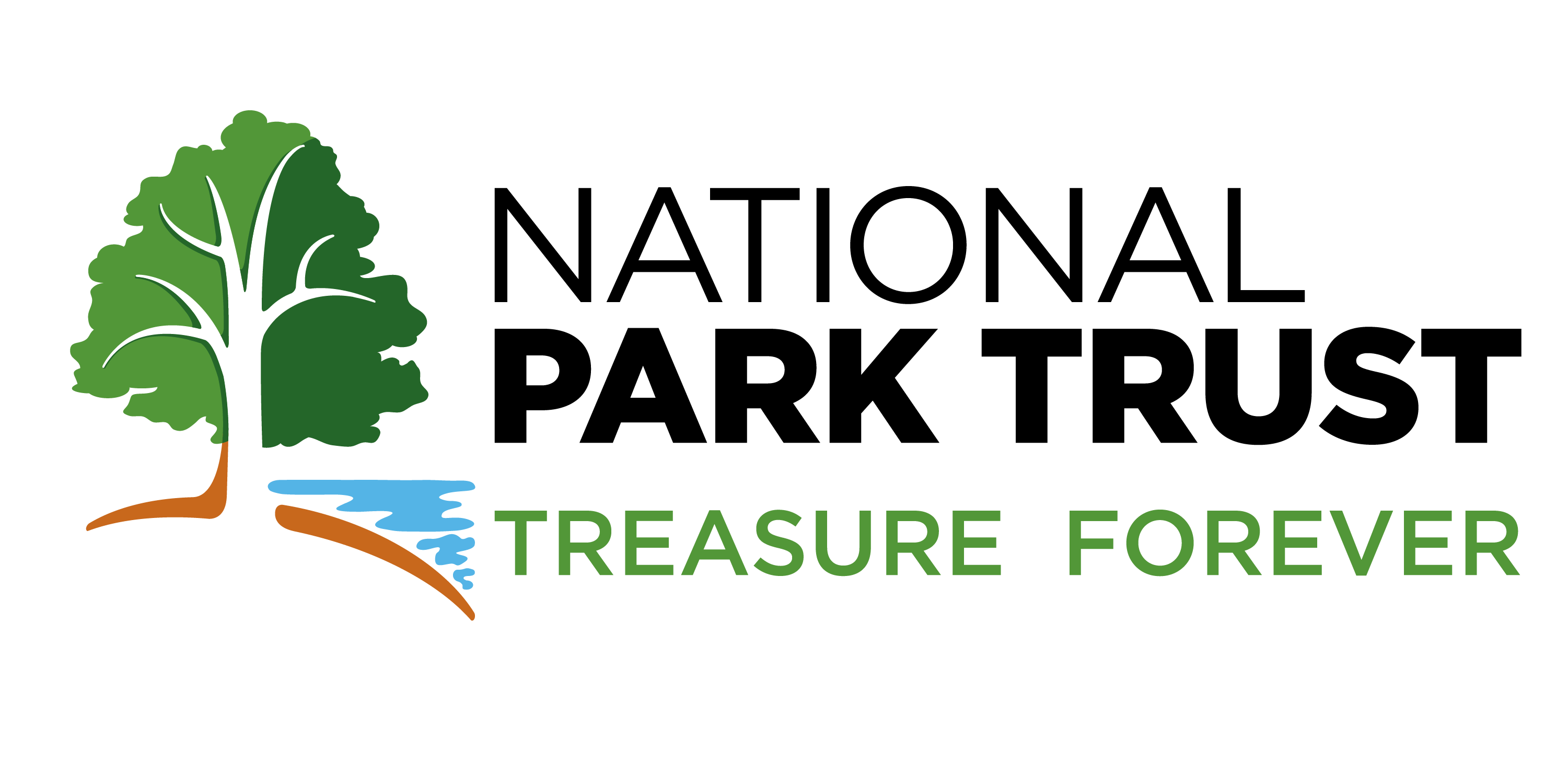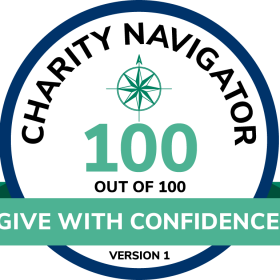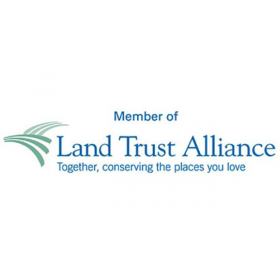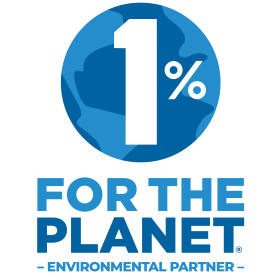Pollinators! Why are they so Important?
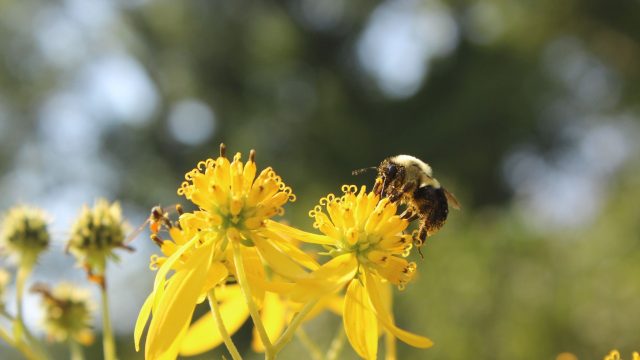
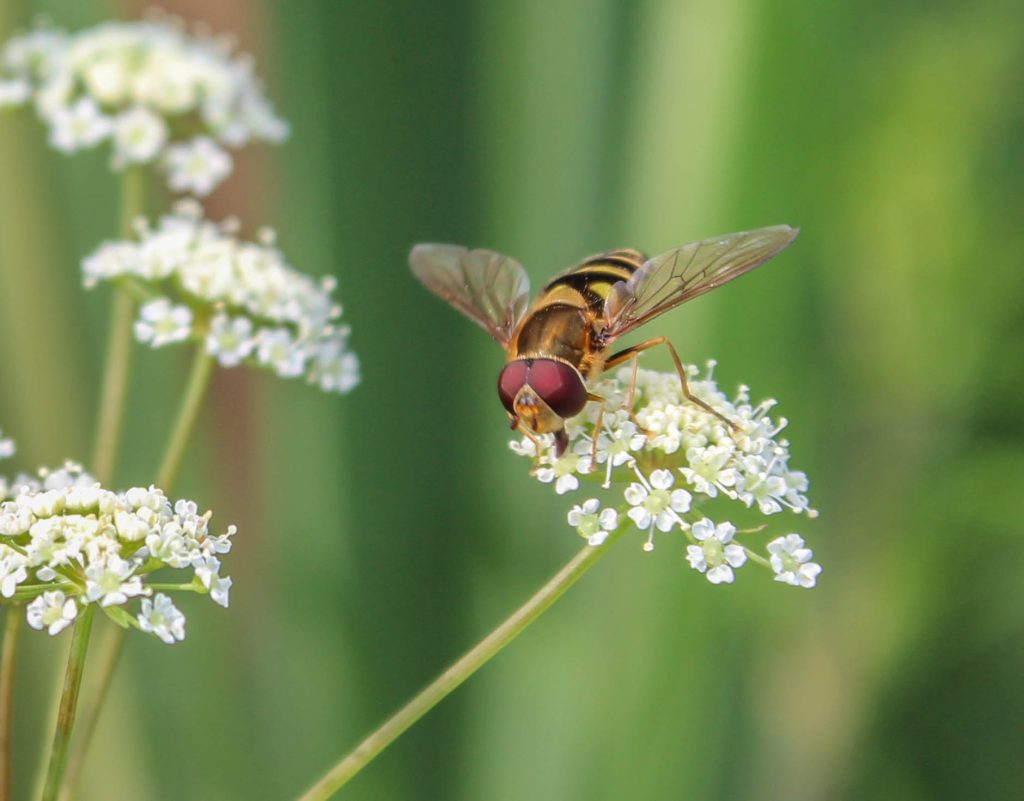
Have you ever gotten stung by a bee? I’ve been outdoors my entire life and in and out of National Parks so I have gotten stung multiple times, so many times that in fact sometimes I consider myself to “bee” a bee hive because of how much I attract stings. However, over the past few years, I have researched and realized the impact of pollinators on our ecosystem. Pollinators help cater to life through many parts of nature that help sustain and build up our ecosystem, and currently, many pollinator populations are in decline. (And no, I still don’t like being stung)
What is a pollinator?
A pollinator is an animal that helps carry pollen from the stamen of a flower to the stigma of a flower. Some pollinators are bees, moths, wasps, butterflies, birds, flies, and small mammals, including bats. Pollinators help transport pollen, which ends up helping plants and flowers grow. When you eat your next meal, many of the fruits and vegetables on your plate are created through the help of these pollinators! Not only do they help us make more food, but they also help balance our ecosystem and clean our air along with stabilizing our soils, supplying oxygen, and supporting wildlife.
What is their status currently?
Currently, many pollinator populations are declining because of changing farming practices, a loss in nesting habitats, and a loss in feeding habitats. Also, the spread of chemicals throughout the air on our planet, the misuse of chemicals, pollution, and the change in the climate due to the misuse of our planet has been contributing to the loss and decrease of the pollinator population as well.
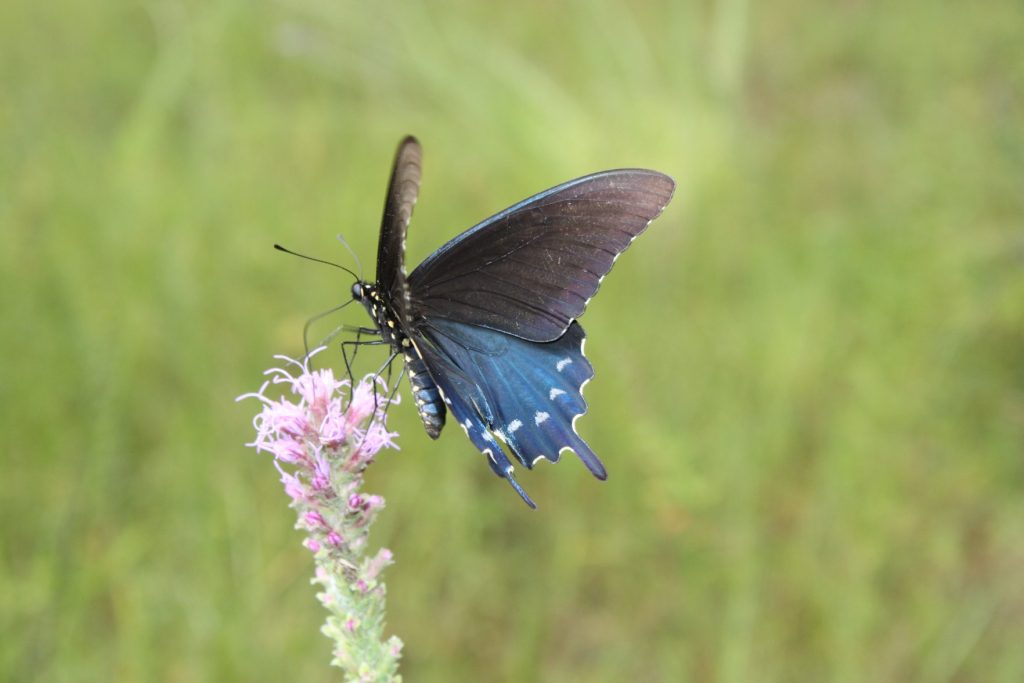
How can you help make a difference?
Planting! – Planting is one of the best ways that you can make a difference! Whether that would be starting a pollinator-friendly garden in your school, in your backyard, or even in your local community center. Pollinators will also help you produce better crops and produce as well! In your garden, make sure to include native plants and different flowering plants. You can plant any type of plant as well as fruits and vegetables, as long as you try to refrain from using any pesticides as they can harm pollinators who come to the plants.
Spread the word! – Pollinators are not as well known as other animals whose populations are in decline. So, spread the word in your local community on different ways that you can protect the pollinator habitat in your city or town. Remember, pollinators do not get phased by urban life or small-town life, as long as they have their habitat (a pollinator garden) in place.
Pollinators! Let’s protect them!
It’s up to us to help small species such as pollinators! We depend on them for a multitude of things and their decline can end up causing huge shifts in the food and agriculture industry. The decline of pollinators can directly end up affecting food production in the future. Always “bee” spreading the word!
